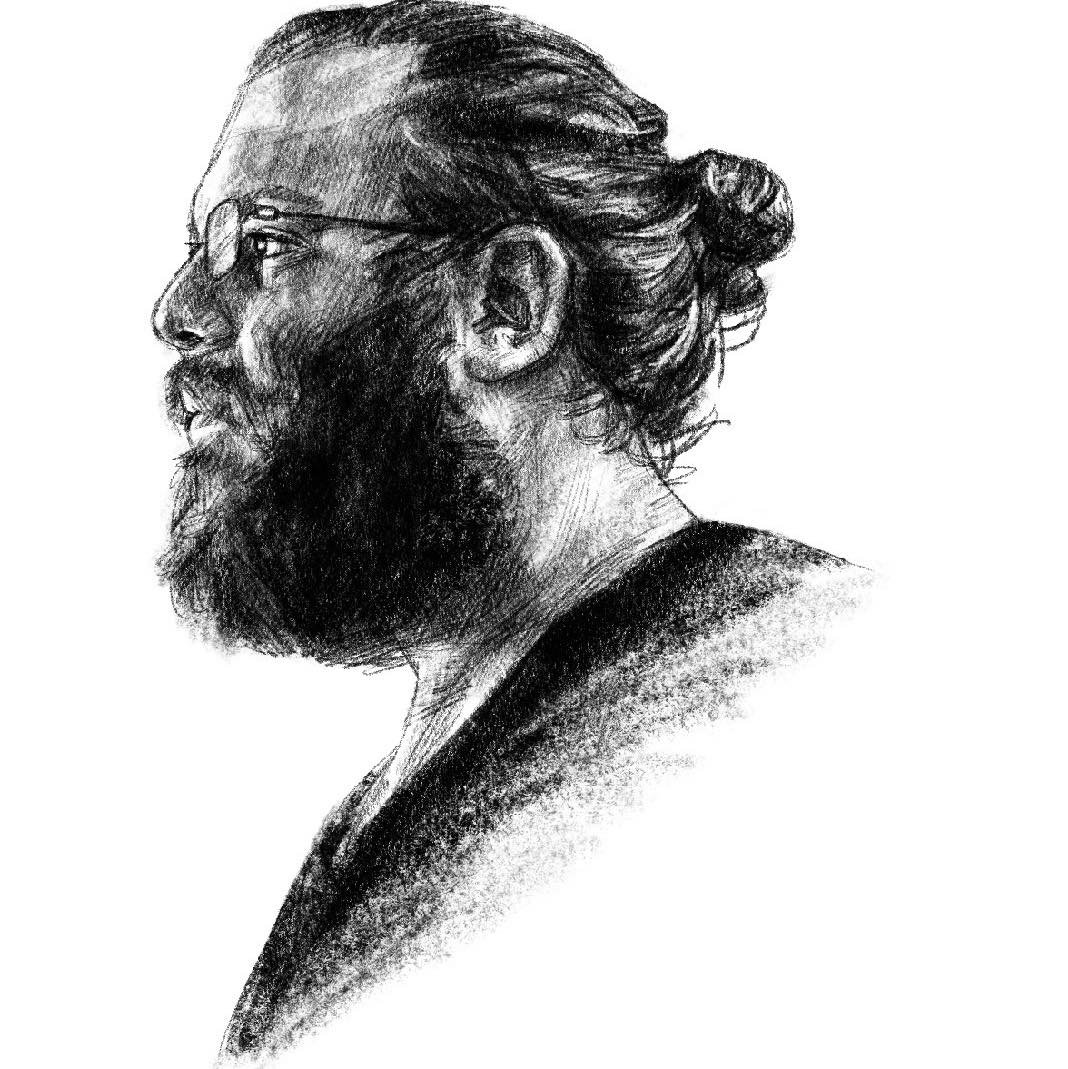Alright – so today we’ve got the honor of introducing you to Wes Meadows. We think you’ll enjoy our conversation, we’ve shared it below.
Wes, appreciate you joining us today. Can you talk to us about how you learned to do what you do?
I think learning the craft is different for everyone, and that’s part of what makes creation special. Whether you start off with a little tape player and a borrowed instrument or you’re lucky enough to have access to quality gear, the way you learn, and the amount of time and effort you put into it, will craft the defining qualities of your work. Being self-taught, being taught by a friend, and being taught by a professional all have different ups and downs to them, and there’s a lot to admire about any method people use for creation. I personally learned from watching my friends do rudimentary recordings with USB microphones and small mixing boards running into Audacity on an old laptop in my early teens. Over time, I got some gear of my own, and explored its possibilities quite a lot over the next couple of years. When I went to college, I was fairly stubborn at first, and thought that I knew everything I needed to know about recording and writing. That, of course, was wrong. It turns out that I had barely scratched the surface, and I was honestly pretty behind some of my classmates, which embarrassed me. I thought I was coming in prepared, but I had really only watched my pals work in simple programs, and hadn’t progressed past using the most rudimentary gear. My songwriting skills were okay, but my production skills didn’t match up, and I ended up almost constantly unhappy with how my material was coming out. I had to wrangle with the feelings of inadequacy and wounded pride, but eventually gave in and dove in to the academic side of stuff, because I knew that I had to lessen the gap between me and my peers in order to both feel better about myself and advance in the field. I do think that I could have really benefitted from going into school with a more open mind. I wish I had been less cocky and prideful, and that I would have taken advantage of the quality gear and quality advice from my professors. But when I did dive in, I enjoyed the learning process a lot more than I thought I would. Learning about how people recorded and wrote, from wire to wax and all the way up to mp3s and beyond, was eye-opening. There were so many techniques and so many pieces of gear, so many individualized production and songwriting styles, from Phil Spector to Steve Albini to Jack Antonoff and everything in between. I found that there was a lot to learn from all of them, and while i learned from them, I also learned more about myself and how I wanted to work. I know that, even a decade after graduating, that there’s always more to learn, and I try to be more open to new experiences and alternate ways of writing and producing. But I also feel like I’ve developed a specific sound in my writing and production, and I’ve got a handful of clients that really enjoy what I do, and I can only hope to find more as I continue to refine my skills.
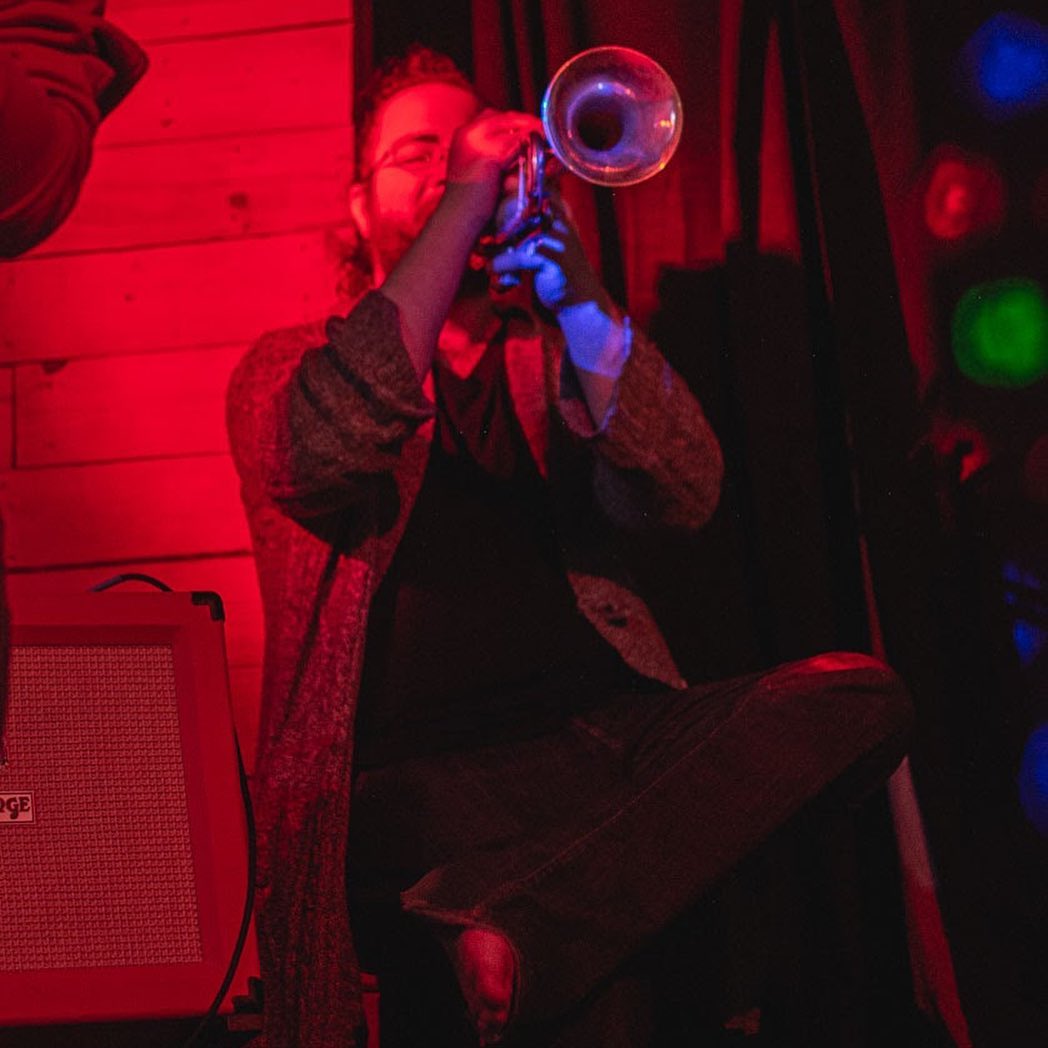
Wes, love having you share your insights with us. Before we ask you more questions, maybe you can take a moment to introduce yourself to our readers who might have missed our earlier conversations?
I started writing songs and playing shows when i was 12, after watching some pals play punk music at the talent show. I already played trumpet and read music, but I picked up a guitar and learned a couple simple love songs to attempt to impress some girls at the time. The girls were not impressed. I realized that making music for anyone other than myself didn’t feel good, and upon realizing that, resolved to try my best at impressing myself. I started playing sets at local open mics and school assemblies and the like, and by the time i was in high school, I was trying my hand at starting bands and recording music. After I finished my first album at 15 years old, I really never stopped. As soon as I had a laptop and some simple programs, I was recording myself and my friends bands. I started my first “actual band” that played shows and recorded music when i was 16, All Over The Place. I continued recording and touring with that band for a full decade, until COVID put us out of commission. I also started a record label, Flowerpot Records, to release the music that my friends and I were making. Mostly it was burned cd-rs in handmade cases, and when bandcamp came into the mainstream, we hopped on that too. It’s now at least a little more professional, and the label continues to release at least a dozen things a year. We’re currently working on our 275th release. After high school, I went to Capital University in Columbus, and did supplementary education at Tri-C in Cleveland and RECW in Chillicothe. I did a lot of touring on breaks and weekends, both solo and with my bands, traversing over half the United States before I was old enough to drink. After I left school, I began working on studio projects in earnest. When I was 23, with help from my family and friends, I bought a house in Berea and turned the basement into a recording studio/performance space. Over the last 9 years, I’ve hosted hundreds of bands from all over the world. Clients have told me that the homey feel of the recording space keeps them at ease, and that my suggestions and instrumental contributions to their projects have taken them to another level. I like to think that I’ve cultivated a relaxing space and a good workflow that other musicians really enjoy. I someday hope to rent out a larger space in my city to open up a more official venue/store. DIY music and its effects on the community are such a big part of my life, and as I grow, I want nothing more than to be able to expand the amount of help and knowledge that I give.
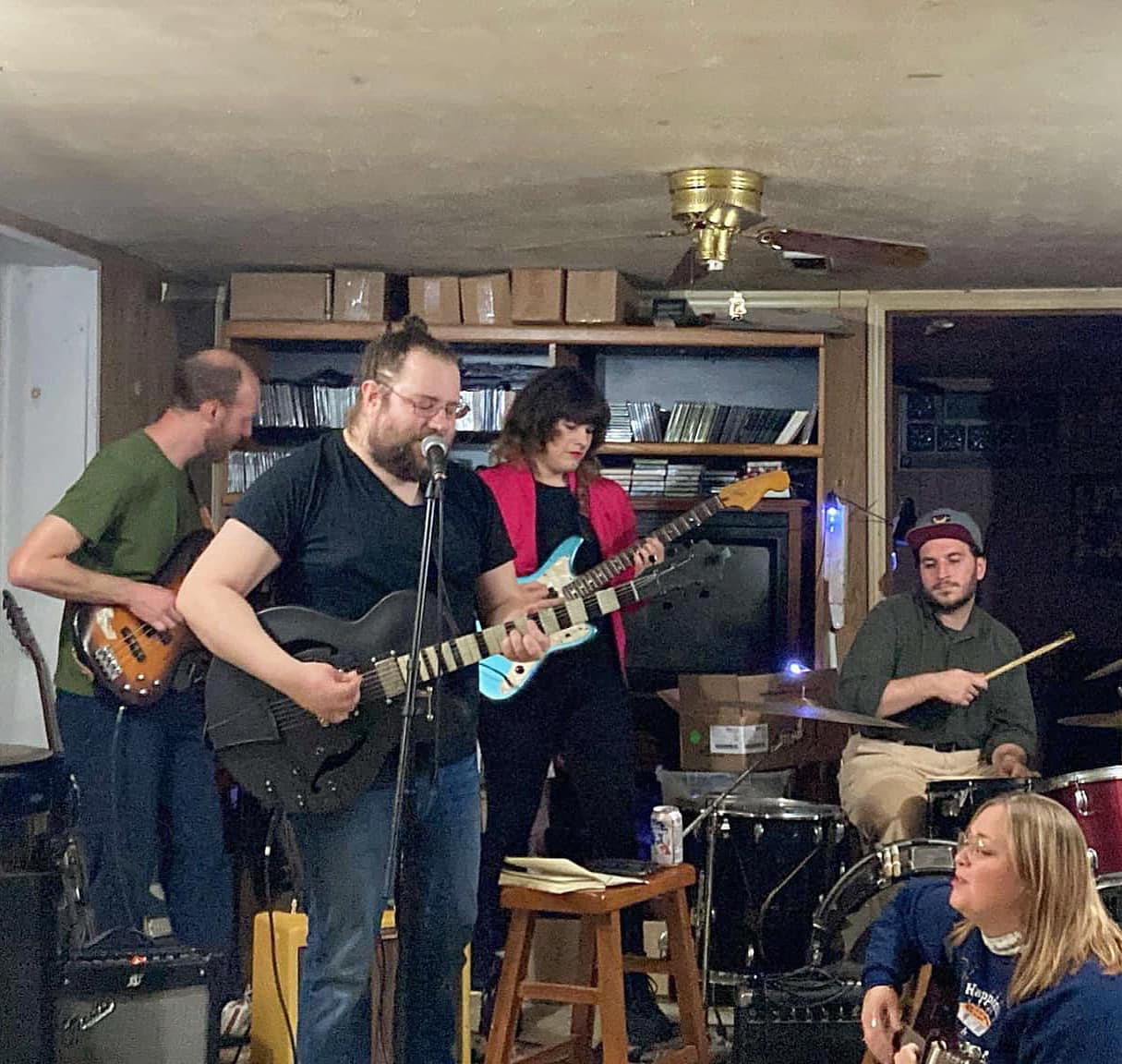
Can you share a story from your journey that illustrates your resilience?
After I left college, I was asked to move out of my mom’s house. I was unable to find a place to live by their deadline and became homeless for quite a while. I had no plan, and only saved a handful of my gear, because I had to load everything into either my storage unit or my car. My dad acted like he would help me if I complied with his suggestions, but he was an abusive drunk, and I ended up sleeping in my car quite a lot. When I was unable to get my medication, I was involuntarily committed to a mental hospital for a short time. Throughout this period of my life, I mainly survived by dubbing CDs and printing cases for them at the library, alongside other small short-term hustles. I really had nothing but my musical and technical knowledge, and did my very best to pull myself out of the muck over the next half year. When I finally secured a loan and got a house to live in, my dad and stepdad died within a month or so of each other. I still hold on to that period of struggle and grief, probably too much, and it’s reflected in my work. I know that sometimes, a person is left with nothing but what they know. I do my best to help other musicians in their times of need by offering free/discounted merch/recording, finding places for impoverished people to live, and offering paying jobs to those people whenever I can. I know that, without a quality client base and circle of friends, that I would be struggling so much more, and that it’s important for me to give back when I can.
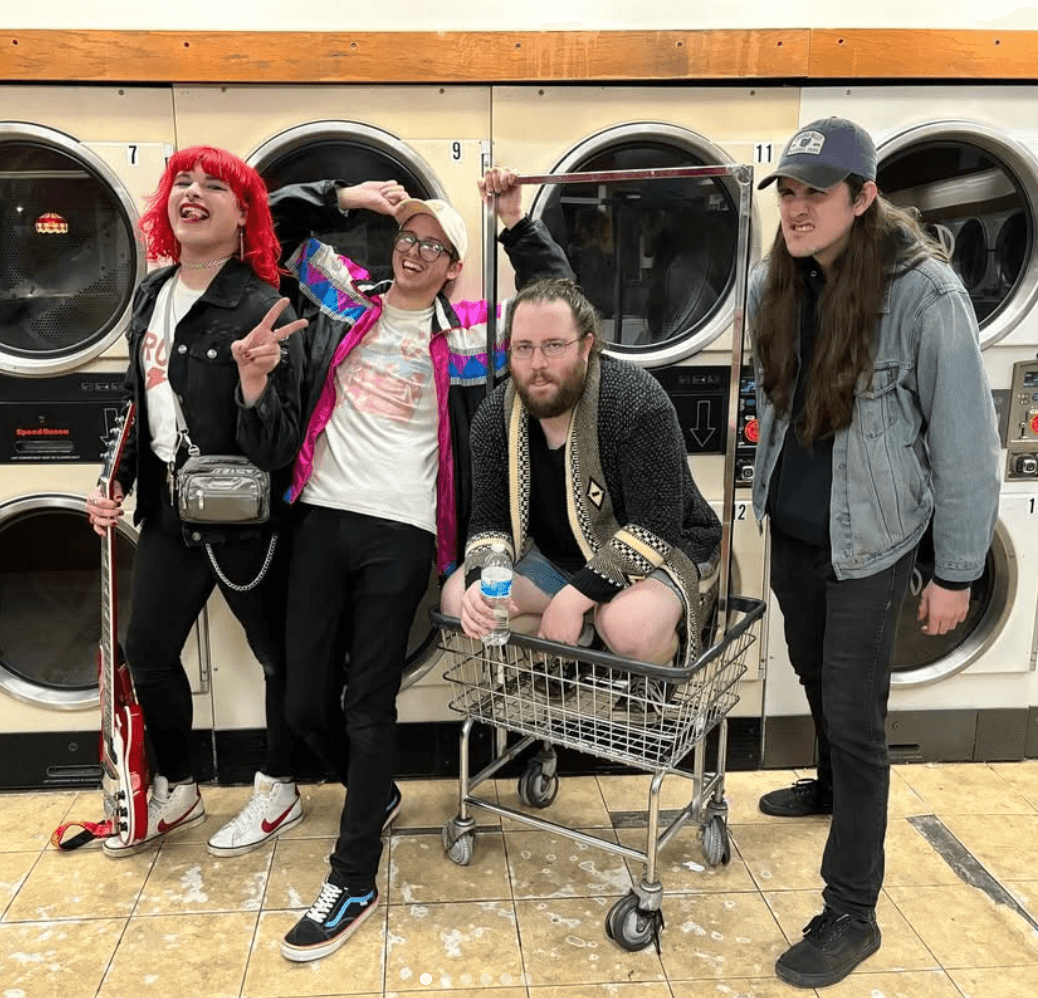
Can you share your view on NFTs? (Note: this is for education/entertainment purposes only, readers should not construe this as advice)
I was one of the first victims of that weird HitPiece thing that scraped Spotify for information and mp3s from a bunch of bands, in an attempt to turn songs into NFTs for whatever reason. At first, I was angry, but then I realized that they have no ownership of the material and can’t possibly go through with their business without being sued by a hundred different record labels. I think that anyone still putting any stock into ideas like this in 2025 hasn’t learned a thing. The whole process reeks of techbro nonsense and any artist selling nfts is laughably out of touch.
Contact Info:
- Website: https://flowerpotrecords.bandcamp.com
- Instagram: https://instagram.com/flowerpotrecords
- Facebook: https://www.facebook.com/flowerpotrecords
- Twitter: https://x.com/flowerpotrecs
- Youtube: https://www.youtube.com/flowerpotrecords
- Soundcloud: https://soundcloud.com/flowerpotrecords
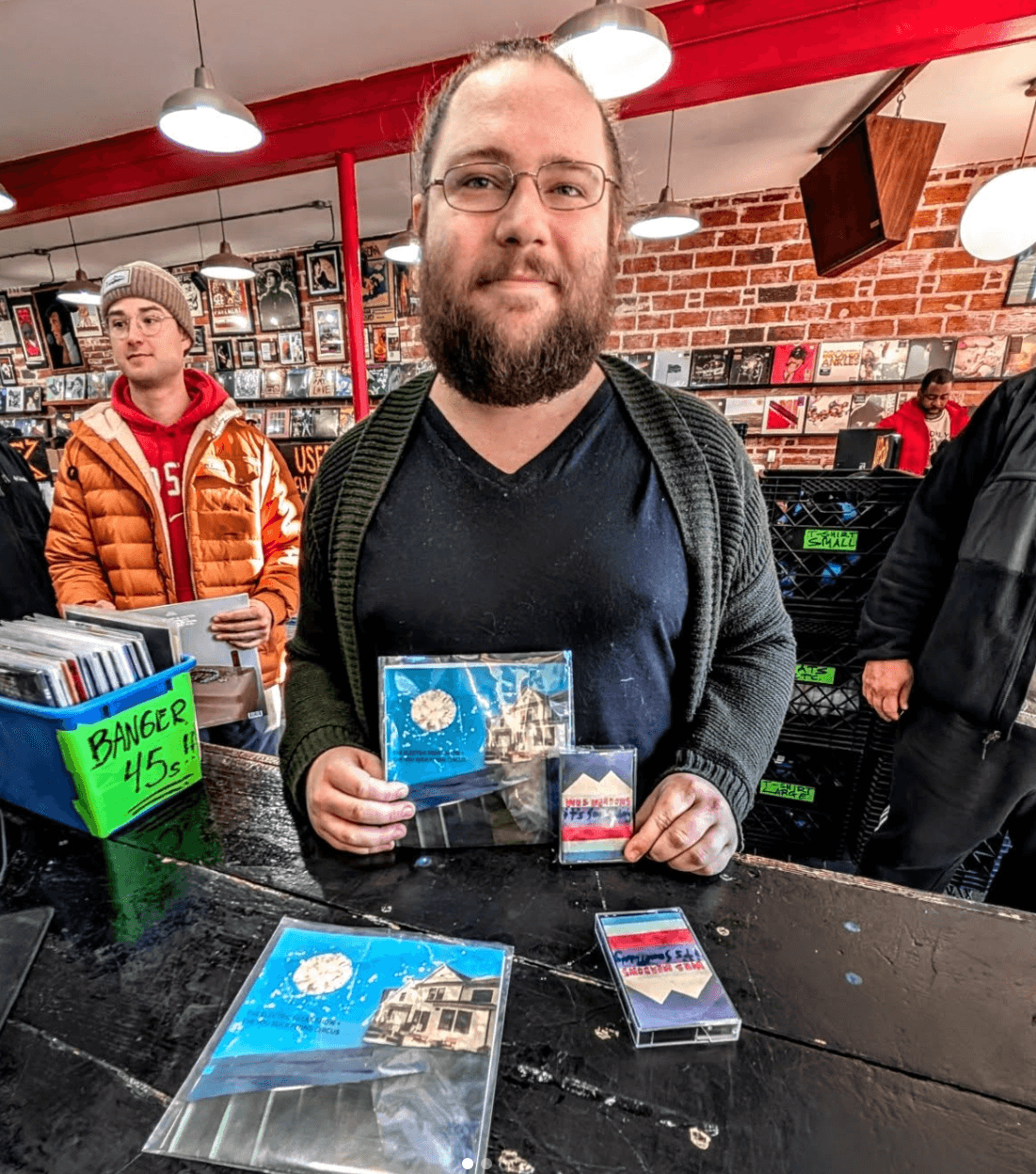
Image Credits
Art by Logan Thyr, photography by Steven Rice, Ray Matthew-Santhosham, and Vince De La Rosa


